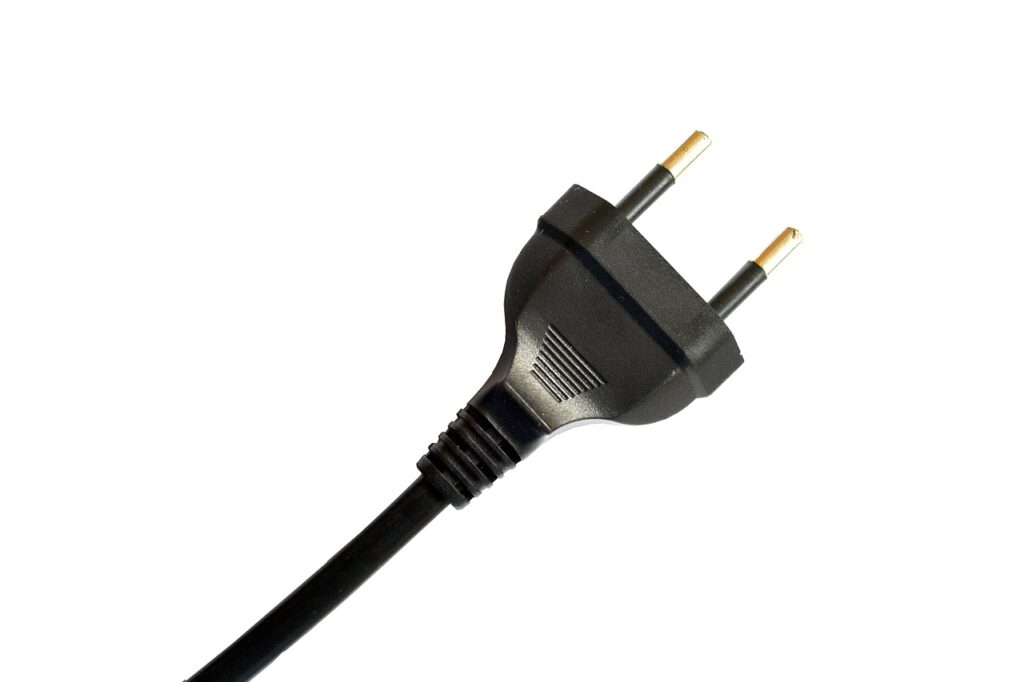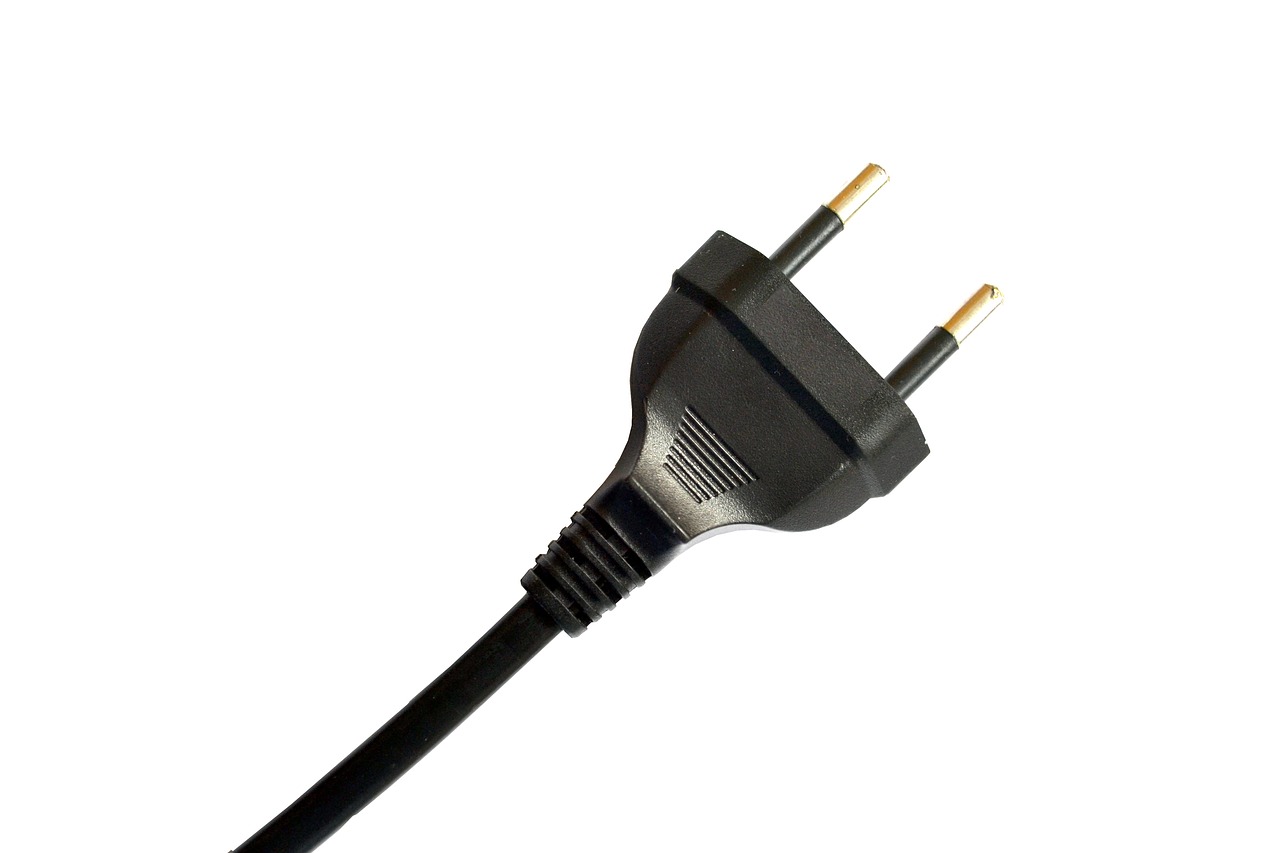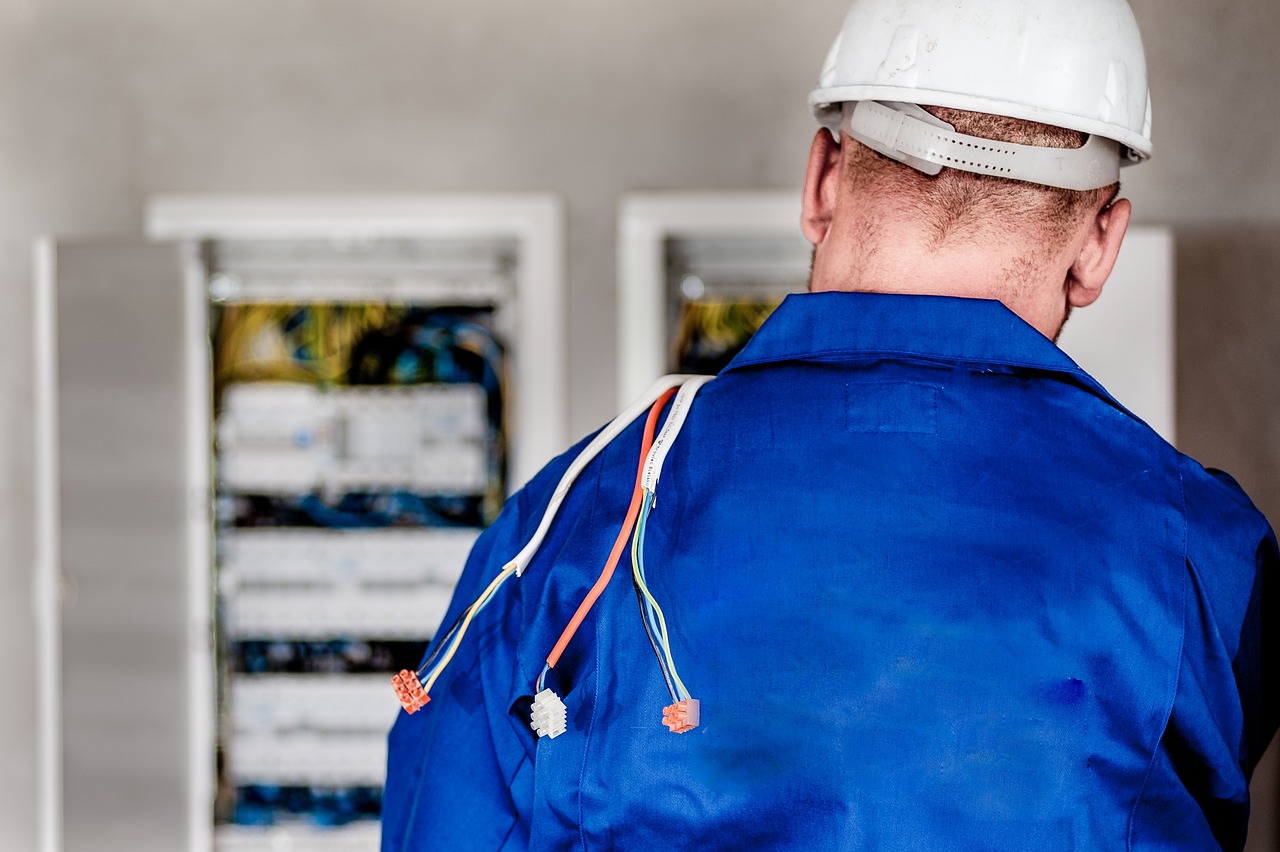Congratulations on completing your rewiring project! It’s a great feeling to have a safer and more efficient electrical system in your home. However, now comes the less exciting part: cleaning up the mess left behind. Don’t worry, though, with a few tips and strategies, you can get your space back to its pre-rewiring state in no time.
First, it’s important to prepare for the clean-up process before the rewiring project even begins. Cover your floors and furniture with protective materials like tarps or drop cloths to minimize dust and debris.
Make sure to have plenty of trash bags on hand for any materials that need to be disposed of, and have a designated area for storing hazardous materials like old wiring, batteries, and light bulbs.
With these preparations in place, you’ll be ready to tackle the clean-up process with ease.
Preparing Your Space for a Rewiring Project
Before you start your rewiring project, it’s crucial to prep your space properly. This means conducting a pre-installation inspection to identify any potential hazards or issues that may need to be addressed before beginning work.
You should also clear the area of any furniture, decorations, or other objects that could get in the way or be damaged during the project.
Once you’ve identified any potential hazards and cleared the space, it’s time to set up a temporary workspace. This should include a workbench or table where you can lay out your tools and materials, as well as a designated area for storing wires, cables, and other supplies.
It’s also a good idea to set up a dust barrier or drop cloth to protect your floors and furniture from any debris or dust that may be created during the rewiring process.
By properly preparing your space, you can ensure a safe and efficient rewiring project.
Minimizing Mess During the Project
While you’re rewiring, make sure you have a designated area for tools and materials to avoid clutter in the work space. This will not only make it easier for you to find what you need, but it will also prevent tripping hazards and potential damage to your wiring.
Before you begin, take some time to do pre-project organization by setting up a table or tool chest for all the necessary items. Keep in mind that you may need to move around during the project, so make sure to choose a space that’s easily accessible.
Another way to minimize mess during a rewiring project is to use protective coverings. This can include placing plastic sheeting over furniture and floors to prevent dust and debris from settling, as well as using painter’s tape to cover outlets and light switches.
By taking these precautions, you can help ensure that your space stays clean and organized throughout the project. Remember, a little extra effort during the project can save you a lot of time and hassle during the clean-up process.
Post-Project Cleanup Strategies
Once the rewiring project is complete, it’s important to have a plan for maintaining the newly organized space to prevent future chaos. One effective way to do this is by investing in the right cleaning tools.
Purchase a good quality vacuum cleaner with a HEPA filter to eliminate dust and debris left behind by the project. A broom and dustpan can also be useful for sweeping up debris from the floor. Additionally, consider purchasing a wet/dry vacuum for any spills or water damage that may have occurred during the project.
Another important step in post-project cleanup is recycling waste. Dispose of any leftover wires, cables or other electrical components in an environmentally friendly way. Contact your local recycling center to find out where you can drop off these materials.
Also, consider donating any unused materials to a local school or community center. This not only helps the environment but also gives back to the community.
By taking these steps, you can ensure that your newly rewired space stays clean and organized for years to come.
Dealing with Hazardous Materials

To ensure your safety, it’s important that you properly dispose of any hazardous materials that were encountered during the rewiring process. Asbestos and lead paint are two common materials found in older homes that can be dangerous if not handled properly.
If you suspect that your home may contain asbestos, it’s important to have it tested by a professional before beginning any renovation or construction projects. If asbestos is found, it’s crucial to hire a licensed asbestos abatement contractor to safely remove it. They will follow specific procedures to ensure that the asbestos is contained and disposed of properly, without releasing it into the air.
Similarly, if you suspect that your home may contain lead paint, it’s important to hire a professional to remove it safely. Lead paint dust can be harmful if inhaled, so it’s important to take the necessary precautions to protect yourself and your family.
By properly disposing of hazardous materials, you can ensure the safety of yourself and future inhabitants of your home.
Hiring Professional Cleaners for Extra Help
If you’re feeling overwhelmed with the amount of work involved in cleaning up after a rewiring project, consider hiring professional cleaners to lend a hand. While cleaning up after a project can be a DIY task, there are several benefits to hiring professionals.
Firstly, they’ll have the necessary equipment and expertise to tackle the job quickly and efficiently. Secondly, they can ensure that the area is thoroughly cleaned, including hard-to-reach places like vents and ducts. This is especially important if hazardous materials were involved in the project.
When choosing the right cleaning company, it’s important to do your research. Look for companies that have experience in cleaning up after rewiring projects, and check their reviews to see what previous customers have to say. Be sure to ask about their cleaning process and the products they use to ensure that they’re safe and environmentally friendly.
Additionally, make sure that they’re licensed and insured to protect yourself and your property. With the right cleaning company, you can rest assured that your home or workspace will be left spotless after a rewiring project.
Frequently Asked Questions
How do I dispose of old wiring and other electrical materials?
To dispose of old wiring and other electrical materials, check with your local waste management facility for guidelines on electrical waste disposal. Look for recycling options to properly dispose of these materials and prevent harm to the environment.
Can rewiring my house improve my energy efficiency?
Rewiring your house can improve energy efficiency, leading to energy savings. Consider eco-friendly options, like LED lighting and smart thermostats, to further reduce energy usage and lower your bills.
How long does it typically take to complete a rewiring project?
Timeframe estimation and cost analysis for a rewiring project vary based on the size of the house, complexity of the wiring, and the electrician’s experience. On average, it can take 2-4 weeks to complete.
Is it safe to do rewiring myself or should I always hire a professional?
It’s not safe to attempt DIY electrical work, as it poses potential dangers such as electrical shock and fire hazards. Always hire a professional electrician to ensure your home’s electrical system is properly installed and safe for use.
How often should I have my electrical wiring checked?
You should have your electrical wiring checked every 5-10 years, or sooner if you notice any issues. Regular inspections are important for detecting potential hazards and ensuring the safety of your home. Don’t skip this crucial step in electrical maintenance frequency.
Conclusion
Congratulations on successfully completing your rewiring project! Now that the hard work’s done, it’s time to tackle the mess left behind. But don’t worry, with a few simple strategies, you can make the cleanup process a breeze.
First, make sure to prepare your space before the project even begins. Cover furniture and floors with plastic or drop cloths to minimize dust and debris.
During the project, try to keep the work area as clean as possible by sweeping and vacuuming regularly.
Once the rewiring’s complete, it’s time to focus on post-project cleanup. This may include wiping down surfaces, sweeping and vacuuming, and disposing of any hazardous materials properly.
Remember, if the mess seems overwhelming or there are hazardous materials involved, it’s always a good idea to hire professional cleaners for extra help.
With these tips in mind, you’ll be able to manage the mess and enjoy your newly rewired space in no time. Great job!



